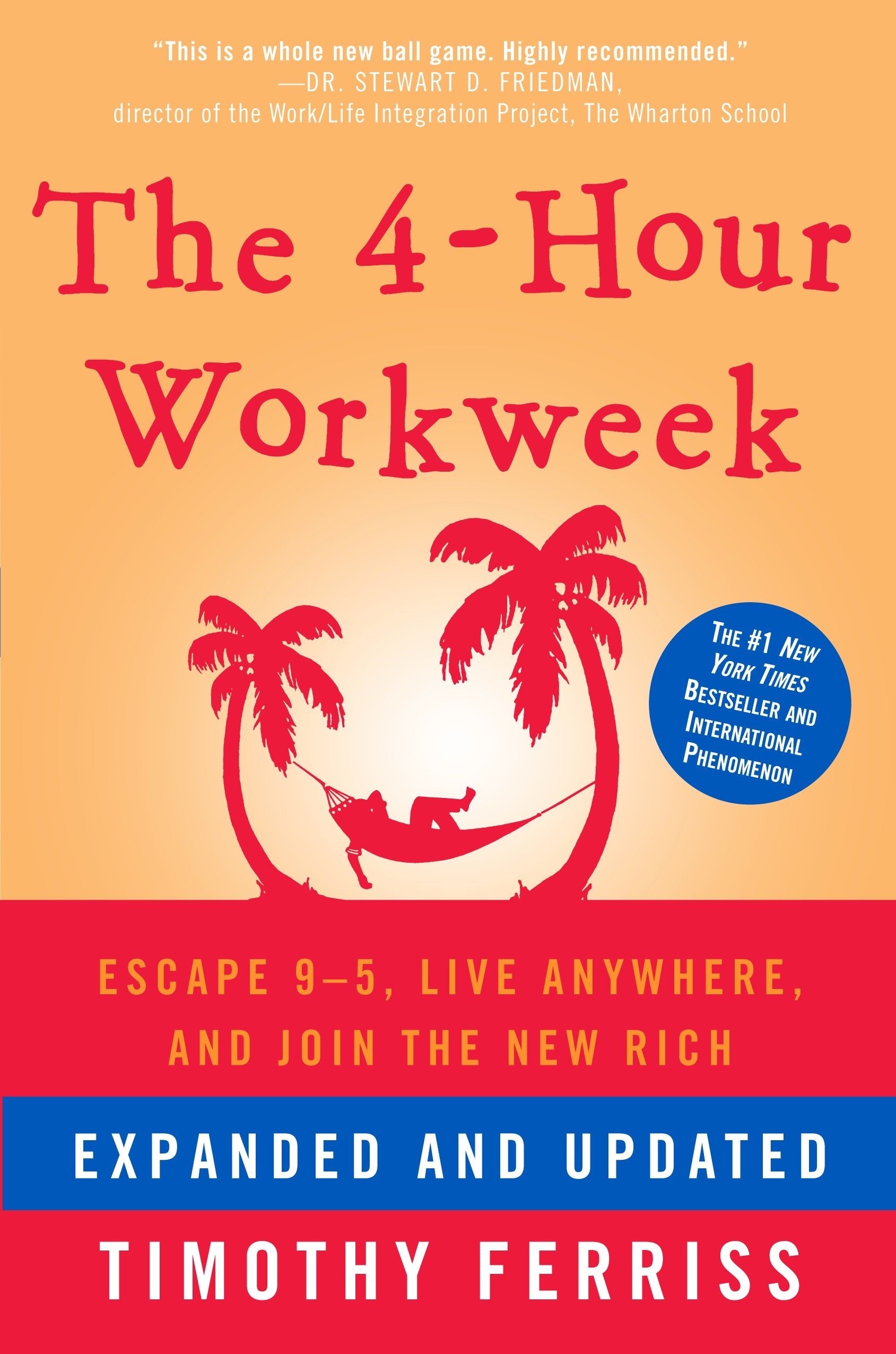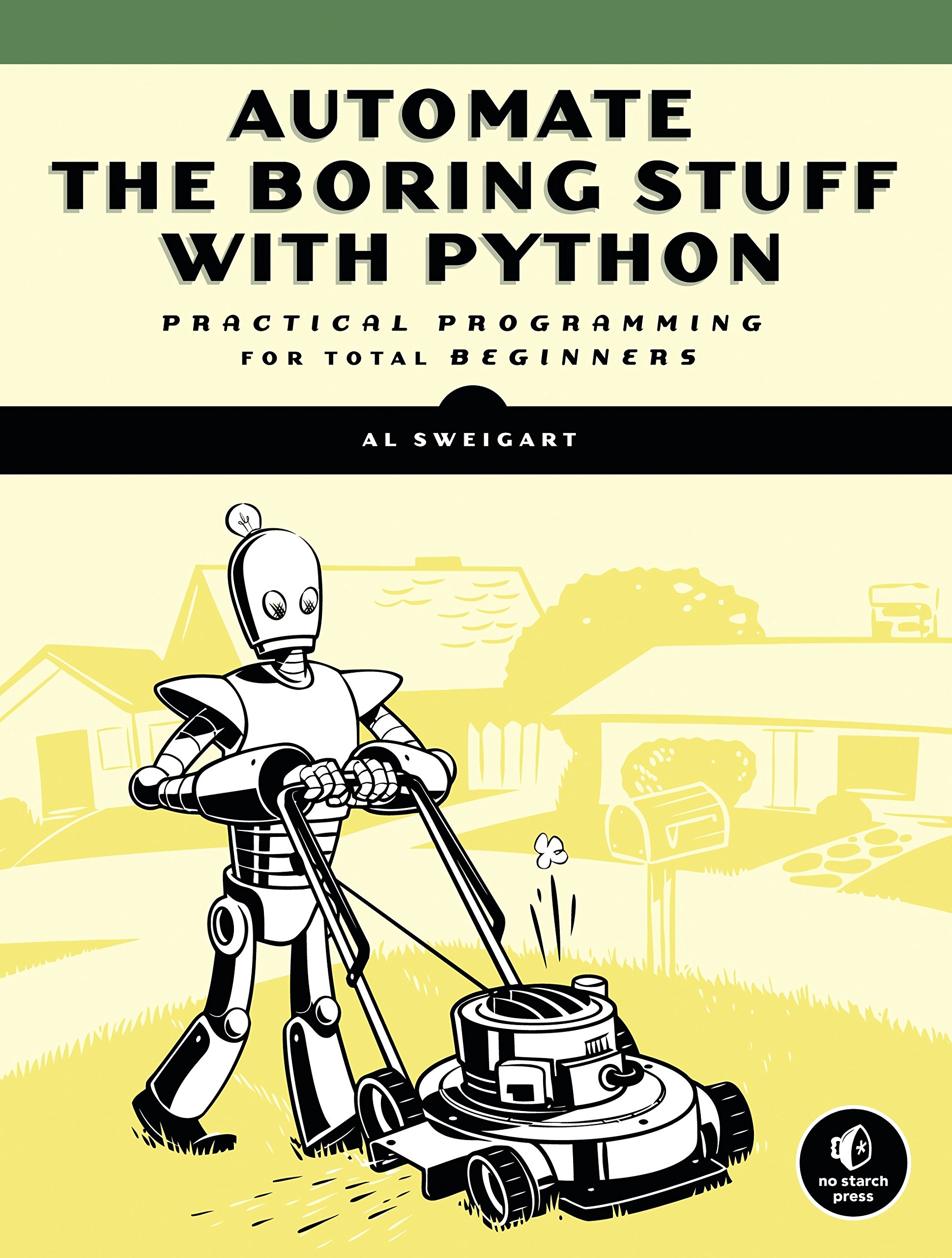A few months ago I got a copy of Tim Ferriss’s The 4-Hour Workweek: Escape 9-5, Live Anywhere, and Join the New Rich book because my niece recommended it. She’s quite a sharp cookie and is busying launching her couple’s travel lifestyle site with her husband. I love their videos about living in Germany, die videos sind wunderbar! This is a subtle hint to go check them out!

While I like the idea of having a 4 Hour Workweek, I can’t seem to believe it. It sounds too easy to outsource things to cheaper labor and so forth. Working in the startup world I’ve learned that you have to do everything yourself. IF there’s something you don’t know, then you better learn it and FAST. I think before you can outsource anything, you need to really understand what that particular process is and figure out what parts can be automated (thanks Automate the Boring Stuff with Python ), what you should’nt give up, and whatever remains should be ‘outsourced’ to lower cost entity.

I’m not the only one that thinks this way:
“I didn’t know how to do x, so I just had to figure it out.” This is what I regularly hear from successful founders, whereas “I couldn’t find someone to do x, so I had to reconsider whether to pursue it at all” is a common refrain from unsuccessful founders. via TechCrunch
More often than not that above quote smells of automation. In the Engineering and AI world, automation is the key. When I was designing septic systems, I completely automated the design drawings. All I had to do was open a template, fill out some names, block and lots, soil data, and elevations. For the record, it did take me a lot of time to build that template but once it’s done I was able to compete on price and turn the product around faster.
A technical founder, whose experience may relegate her or him to a specialist role in a large company, for example, has to adapt and take on more expertise in adjacent technical areas. There simply aren’t the human resources to delegate these tasks to another specialist.
and,
That is why the passive, 4-Hour Mindset is so self-defeating. To lounge on a beach or travel the world and not actively engage in building your arsenal of expertise is professional malpractice.
It’s also not practical. No serious company has been created passively — the passive mindset that leads people to say “I’ve got a great idea, I’ll hire a team to build it out” or “I have this great connection who will drive sales” while I play armchair visionary simply doesn’t work. Startup graveyards are full of visionaries without expertise or the proper skills to execute, for no other reason than ideas are not self-executing, but are rather made into being by intense engagement by skilled operators.
I agree. I learned this the hard way myself when I was knee deep into flipping houses. You can’t be an armchair general contractor/project manager/startup visionary without rolling up your sleeves and putting in some sweat. As my wife would say, “nothing in life is easy” and anything that promises a 4 Hour Workweek is really not true, even Tim alludes to it somewhere in his book. He spends all this time working on this 4 Hour Workweek.
The best bit of advice that I’ve gleaned from the book is find what you love to do and then do it. Then the work really isn’t work and that’s the real paradigm shift.
If you’re a startup founder, go after your vision with all your blood, sweat, and tears. Are you an Engineer designing septic systems? Own that shit (pun intended). Want to be a professional game master, work hard at it and organize games. It can be done, I’m proof of that BUT it’s not 4 Hours a week. The hours don’t matter if you want to hone your craft and there’s a clear distinction between quality and people half-assing it.
PS: If you really want my advice, look toward automation. That’s been the biggest lift I’ve had in my life and this Python book is really a great start way to get started.